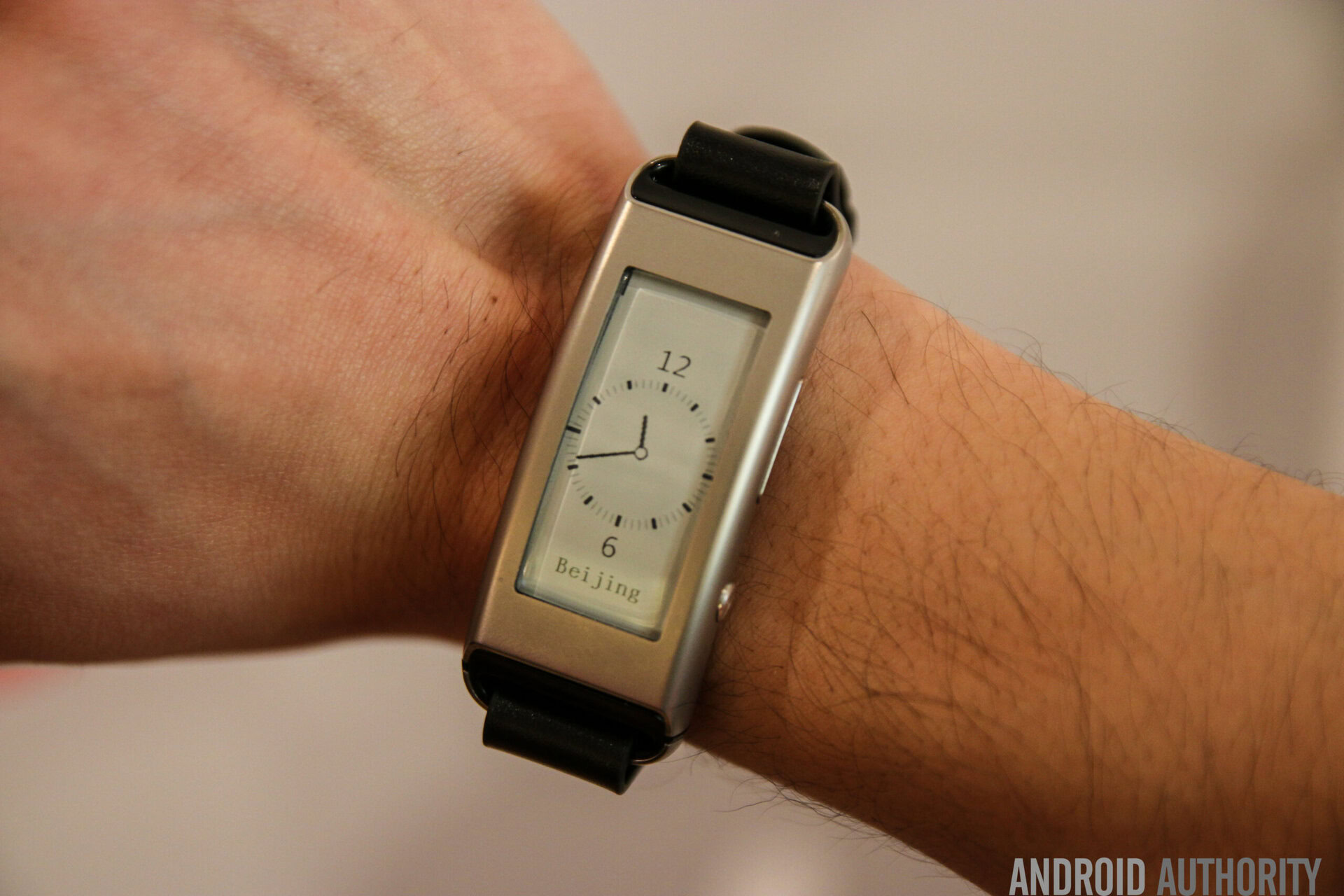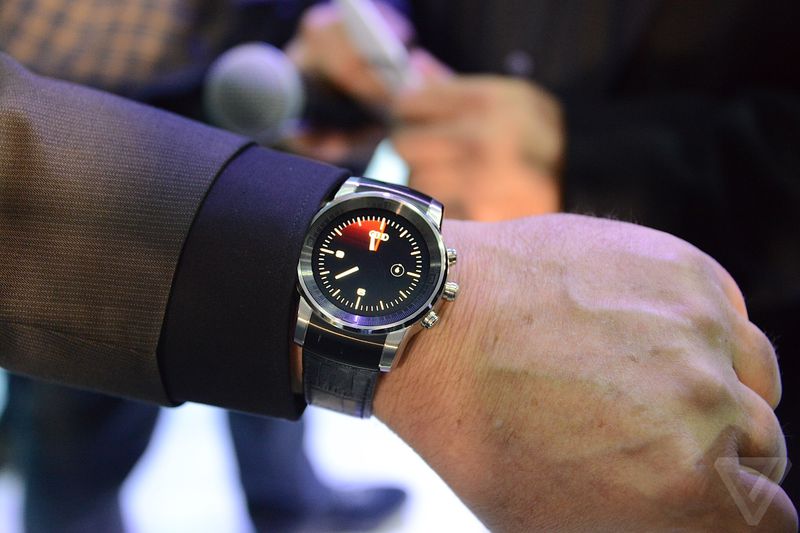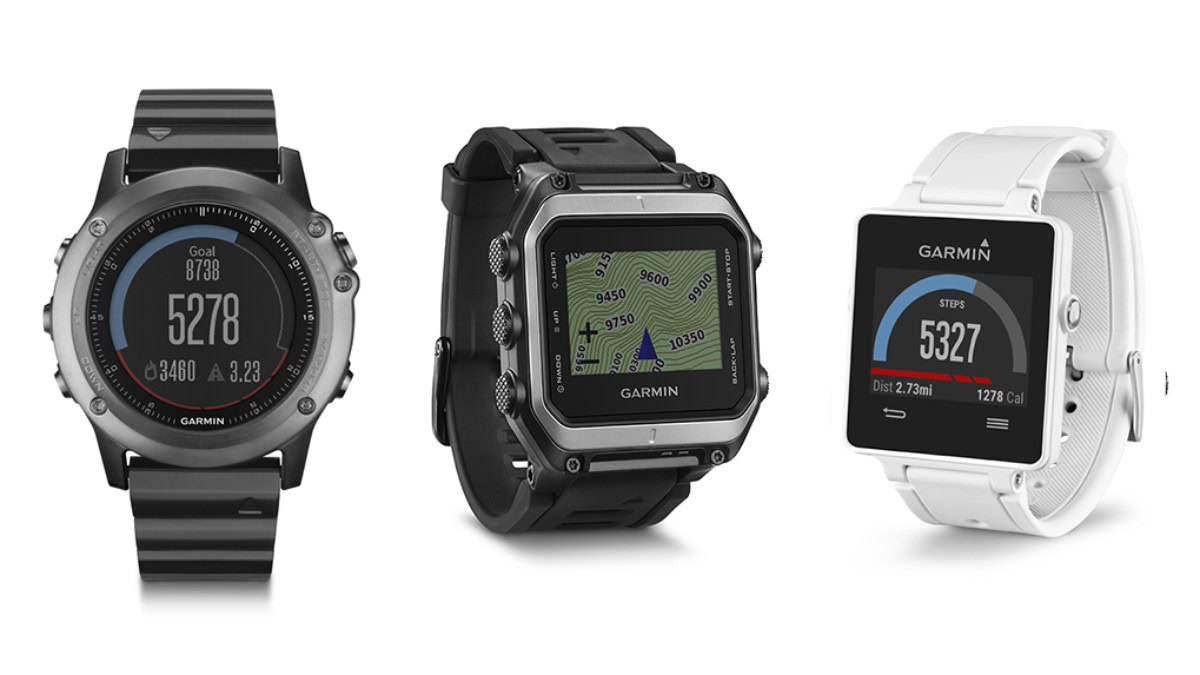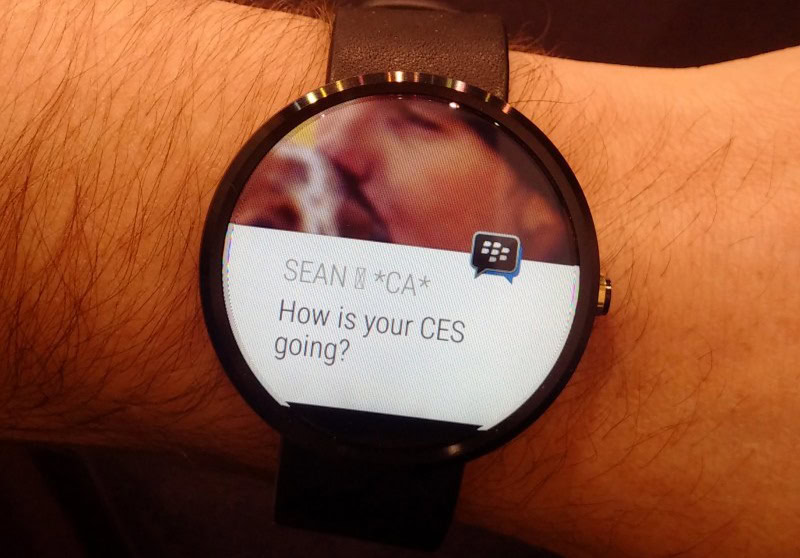Affiliate links on Android Authority may earn us a commission. Learn more.
CES takeaway: wearables
Published onJanuary 10, 2015

As CES 2015 is coming to a close, we thought we’d take this time to go through the week’s top stories and roundup the biggest wearable announcements we saw at the trade show. Wearables have been absolutely growing in popularity over the past year, and they’ve arguably been one of the most important parts of CES. There’s a lot to recap here, so let’s jump right in.
Starting your car with Android Wear
Android Wear got a lot cooler throughout this year’s CES, largely thanks to car companies new integrations. Hyundai and Viper both announced Android Wear integration, allowing users to start, stop, unlock and lock their cars, all using an Android-Wear powered smartwatch. While Viper has only announced their compatibility with the platform so far, Hyundai showed off the technology to us at the trade show. Take a look at the video above to see how exactly it works.
Read more:
The future of wearable technology

Sometimes CES isn’t all about the products being shown off, but about new technology that’s used to power them. Intel recently announced their new “Curie” module, which will one day most likely run your smartwatch or smart ring. The draw to the Curie chip is its compatibility with Bluetooth Low Energy and its small-as-a-button design, allowing wearables to shrink in size.
MediaTek also announced a chip recently, specifically tailored to the Android Wear platform. The chip is called the MT2601 and its a small powerhouse of a processor. It packs in a 1.2GHz dual-core ARM Cortex-A7 CPU accompanied by an ARM Mali-400 MP GPU. The chip can be connected to up to the usual array of external sensors and wireless modems, such as MediaTek’s own MT6630 five-in-one wireless SoC, and supports a qHD display resolution. While it’s not as powerful as the Snapdragon 400 found in other Wear devices, MedaTek is confident that the combination of high power and low cost will be able to put this chip inside your next wearable.
Read more:
A prettier Sony Smartwatch 3
We’ve already reviewed Sony’s Smartwatch 3, but one of our main gripes with the device was the fact that it just didn’t really look premium. The company is finally trying to fix that with their new stainless steel watchband. Overall, this band is really nice. It’s a tad heavy, but it feels like a truly premium product. The way the Smartwatch 3 works with other bands is a little clunky, since you basically just pop out the watch module from the band, and attach it to a new one. It might be easier to switch bands on the fly, but it makes the watch clunkier than it has to be.
All in all, this is nothing groundbreaking, but we’re sure happy Sony is giving us more band options with their first Android Wear device.
Read more:
A hint of webOS wearables

Okay, so this isn’t a product that was announced, but it’s still definitely worth mentioning. For awhile now, we’ve heard many reports of LG resurrecting webOS in the form of a wearable, but we’ve all been wondering when it will actually surface. During Audi’s keynote at CES, The Verge spotted a unique LG-made watch, used to summon a self-driving car up to the stage. The folks over at Android Central tracked the watch down and confirmed it was, in fact, running Open webOS. The watch itself is beautifully crafted, offering a stainless steel chassis and a nice leather watch strap. Unfortunately, this watch was crafted specifically for Audi to show off their car prototype, so we don’t think a consumer-friendly model will arrive anytime soon. But we do know, however, that the rumors are true and that webOS is on it’s way to our wrists.
Read more:
Lenovo’s new fitness band
Lenovo was pretty busy this week, announcing two new phones (P90 and VIBE X2 Pro), and launching a selfie flash accessory along with arguably their most exciting product, the Vibe Band VB10. The VB10 is a fitness tracker/smartwatch hybrid that connects to any Bluetooth-enabled device running Android 4.4 KitKat and above. It’s lightweight, durable and is IPx7 approved, so you can get it wet without having to worry about it. It also notifies you of all phone notifications, as well as tracks your steps, sleep, distance traveled, and much more. The display is E Ink, similar to what we see on the Pebble. Thanks to this low-power technology, the battery will likely last up to 7 days on a single charge. The chassis is made of metal and the strap is rubber, offering a both premium and sporty feel to the device.
I think Pebble is a great example that E Ink just works on wearables. At least with the horrible battery life we see on Android Wear devices, E Ink is the way to go for the time being. Even though it’s not the most attractive watch out there, the VB10 is succeeding in all the right places.
Garmin’s new sporty smartwatches

Garmin was one of the first companies to announce a product for CES this year with the unveiling of three new smartwatches. Well, these watches should be considered more fitness tracker than smartwatch. They tell the time and give you notifications on your Android device, but other than that, their main use is to track workouts, sleeping habits and much more. Garmin’s new Epix, vivoactive and Fenix 3 smartwatches aren’t the cheapest wearables ever, but they boast some of the newest fitness tracking technology you can get on a smartwatch, and that has to be worth something.
The watches will be available sometime in Q1 2015 ranging from $250-$600.
BBM coming to Android Wear

Last but not least, Blackberry Messenger is gaining Android Wear support. As much as you don’t want to admit it, BBM is one of the best, most fluid and feature-rich messaging platforms out there, and a ton of people use it. BBM on Android Wear works exactly how you think it would. You can reply and dismiss messages, and even send canned responses if you don’t want to respond via voice control.
This certainly isn’t groundbreaking technology, but it’s nice to see more services integrating with Android Wear.
Read more:
I think it’s safe to say that wearables played a huge role at CES this year. The advancements we’re seeing with car integration is particularly fascinating, and it just seems like something we would only see in the future. Five years ago, long before the smartwatch craze came about, if someone told me that I would be able to start, stop, lock, unlock and even track my car with my watch, I wouldn’t have believed a word of it. It’s finally happening, and I couldn’t be more excited. Now, this technology isn’t particularly innovative, especially since car companies have had the ability to do all of these actions from a smartphone, but I just can’t help but think I’m living in a future-esque world of technology.
As for smartwatches in general, we didn’t really see a whole lot. Garmin announced a few nice smartwatch/fitness tracker devices, but they’re very expensive and only directed toward a very niche market. The wearable I’m most excited for that was announced at CES was Lenovo’s VB10. I’m a firm believer that we need more wearables with E Ink displays, thanks to the awesome battery life they provide. The Pebble is a great example of how E Ink technology can succeed on a wearable. Especially with the 1-2 day battery life we’re seeing on Android Wear devices so far, this type of technology needs to be utilized more often in the wearable world.
Of course, we might end up seeing better battery life coming to wearables in the near future or at least by the end of 2015. Intel’s new Curie module has me very excited, providing support for Bluetooth Low Power while only being about the size of a small button. Smartwatches so far are pretty bulky, so anything to reduce the size of the devices is a great idea in my book.
Overall, I’m extremely excited for what’s to come in the wearable space. A ton of new technological advancements have come out of this year’s CES trade show, and I think wearable devices will progress at a very fast rate throughout this next year. What are your thoughts on wearable technology? Did you have a favorite or least favorite wearable announcement at CES 2015? Let us know your thoughts in the comment section!